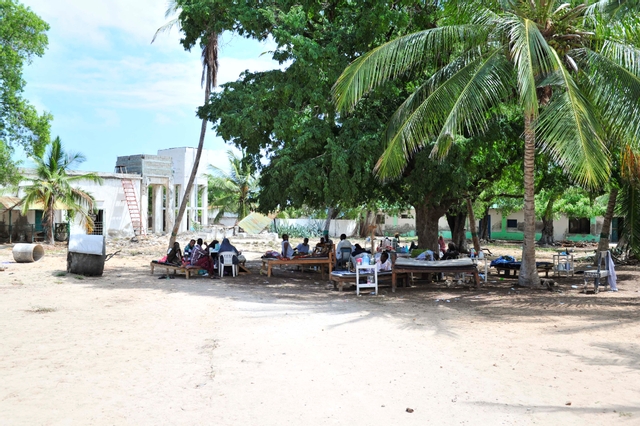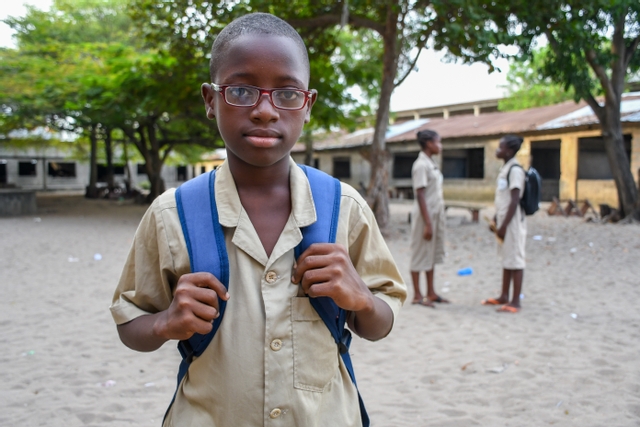Haiti, a nation with a rich cultural heritage, has long struggled with a multitude of health problems that hinder the well-being of its population. These challenges are deeply interconnected with socio-economic factors, environmental issues, and access to healthcare. This article delves into the key health problems in Haiti and the efforts made by the country and international organizations to improve the situation.
- Infectious Diseases
Haiti faces a significant burden of infectious diseases, with the most notable example being the 2010 earthquake-induced cholera outbreak. Cholera is still endemic in the country, and other diseases such as malaria, tuberculosis, and HIV/AIDS continue to pose serious threats to public health. The lack of access to clean water, sanitation facilities, and proper healthcare infrastructure exacerbates these issues.
- Maternal and Child Health
Maternal and child health is a critical concern in Haiti. High maternal mortality rates, coupled with high rates of malnutrition and infant mortality, highlight the urgent need for improved healthcare services. Many pregnant women in Haiti lack access to skilled healthcare providers during childbirth, leading to preventable maternal deaths and complications.
- Access to Healthcare
Access to healthcare in Haiti remains a major challenge. A significant portion of the population lives in rural and remote areas, making it difficult to access healthcare facilities. Health infrastructure is often inadequate and underfunded, and there is a shortage of healthcare professionals, particularly in rural regions.
- Environmental Factors
Environmental factors play a role in the health problems faced by Haiti. Frequent natural disasters, such as hurricanes and flooding, disrupt communities, cause loss of life, and damage infrastructure. These events can lead to the spread of diseases and exacerbate existing health challenges.
- Social Determinants of Health
Socio-economic factors, including poverty and lack of education, are central to understanding health problems in Haiti. Poverty often restricts access to proper nutrition, clean water, and adequate housing, leading to malnutrition and increased vulnerability to disease. Lack of education can also limit awareness of health issues and preventive measures.
Efforts to Address Health Problems
Despite these formidable health challenges, numerous organizations and initiatives are actively working to improve the health situation in Haiti. These efforts include:
- Vaccination Campaigns: Vaccination campaigns have been crucial in reducing the prevalence of diseases like measles, rubella, and cholera.
- Maternal and Child Health Programs: Initiatives aimed at improving maternal and child health, such as training healthcare providers and providing maternal care services, are ongoing.
- Healthcare Infrastructure: Investments are being made to improve healthcare infrastructure, particularly in rural areas, to expand access to healthcare services.
- Disaster Preparedness and Response: Programs that enhance disaster preparedness and response are vital for mitigating the impact of environmental factors on public health.
- International Aid: Various international organizations and foreign aid agencies are providing critical assistance to Haiti, offering resources, expertise, and funding to tackle health problems.
Conclusion
Health problems in Haiti are a complex challenge that require multi-faceted solutions. Access to clean water, adequate nutrition, and essential healthcare services is a basic human right that should be prioritized to ensure the well-being of Haiti’s population. The concerted efforts of the Haitian government, international organizations, NGOs, and the global community are critical in addressing these health challenges. By addressing infectious diseases, improving maternal and child health, enhancing access to healthcare, and considering the socio-economic and environmental determinants of health, Haiti can work towards a healthier and more prosperous future for its people. It is a long and challenging road, but one that is essential for the well-being and development of this resilient nation.




